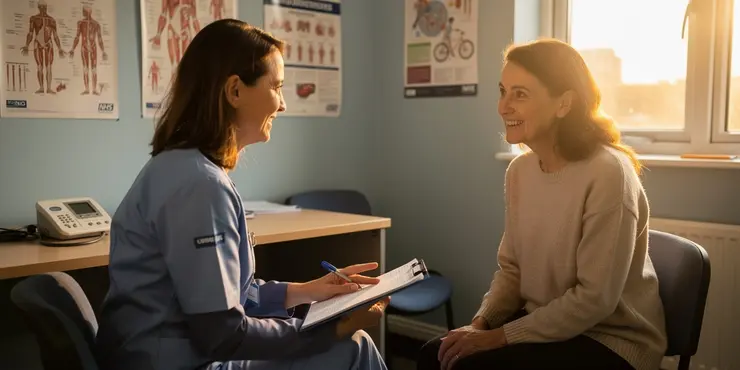
Find Help
More Items From Ergsy search
-
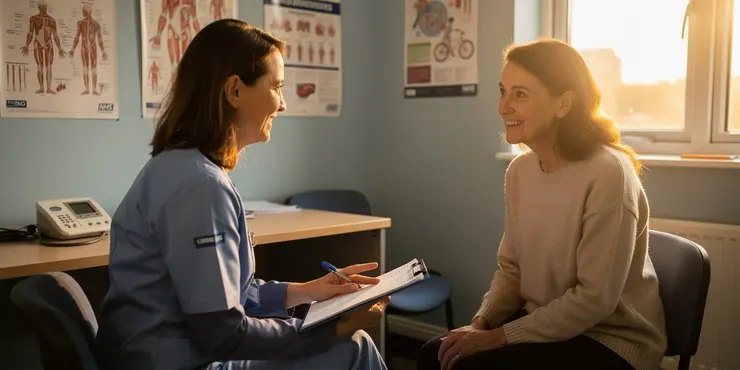
What kind of footage is considered an invasion of privacy?
Relevance: 100%
-
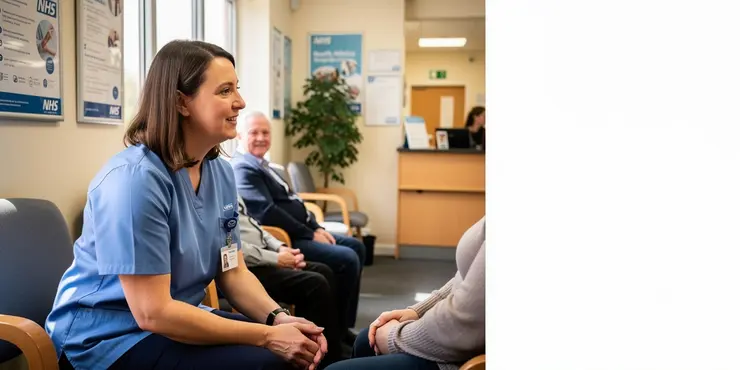
Are there privacy laws that protect me from neighbor's cameras?
Relevance: 49%
-
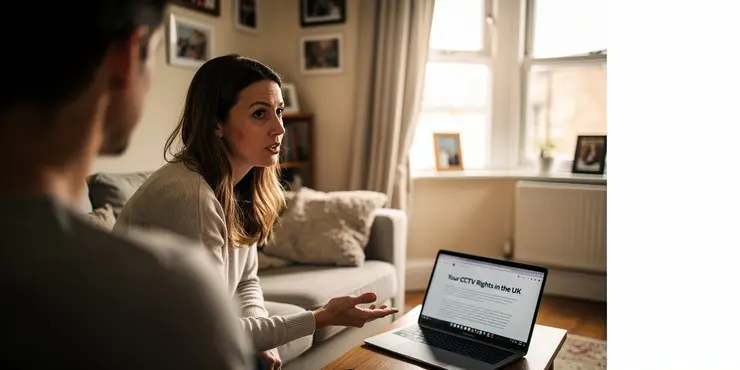
Can I request footage of myself from my neighbour's CCTV?
Relevance: 46%
-
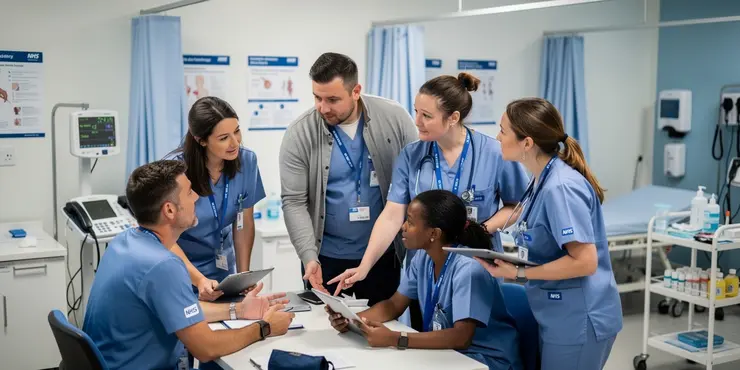
Can the police access my neighbour’s CCTV footage without consent?
Relevance: 45%
-
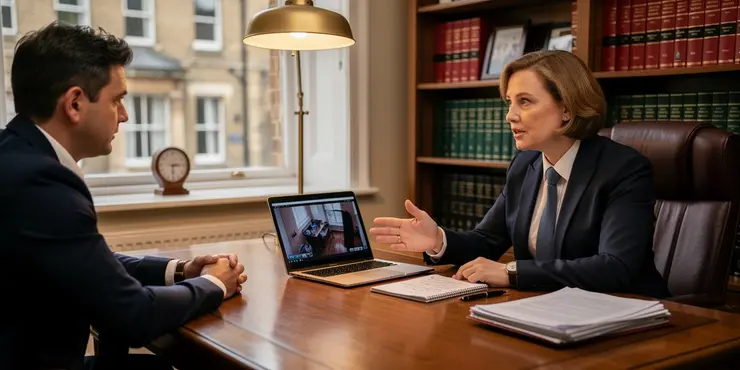
Can my neighbour use footage from their security camera as evidence in disputes?
Relevance: 45%
-
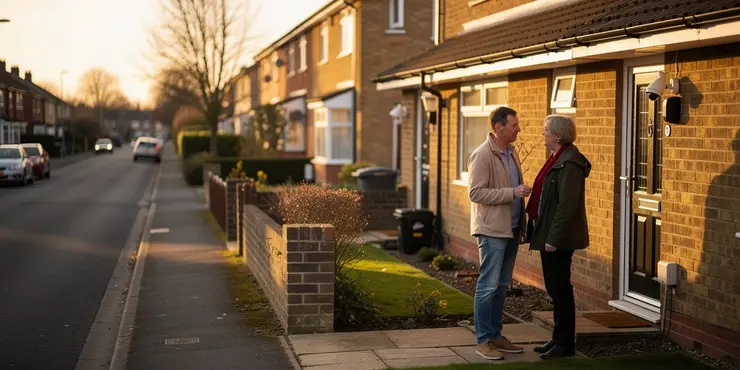
What should I do if I feel my privacy is being invaded by my neighbour's CCTV?
Relevance: 40%
-
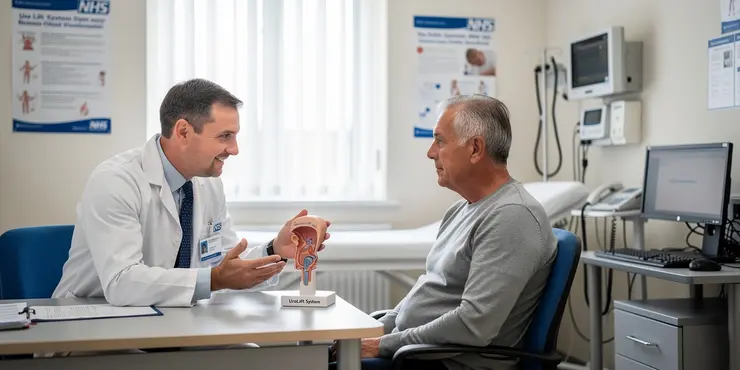
What are minimally invasive procedures for BPH?
Relevance: 35%
-
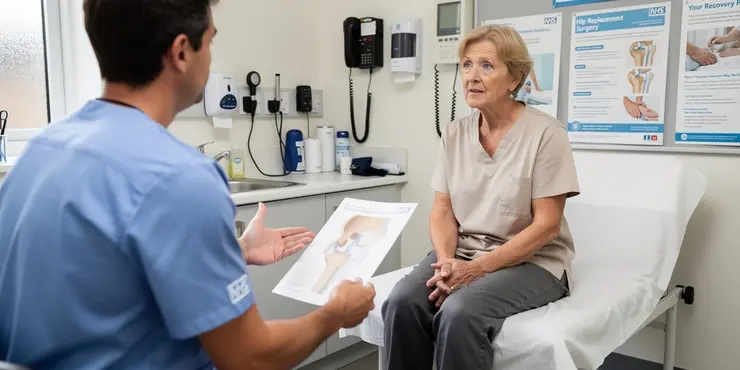
What is minimally invasive hip replacement surgery?
Relevance: 33%
-
Are there privacy protections for my medical records?
Relevance: 31%
-
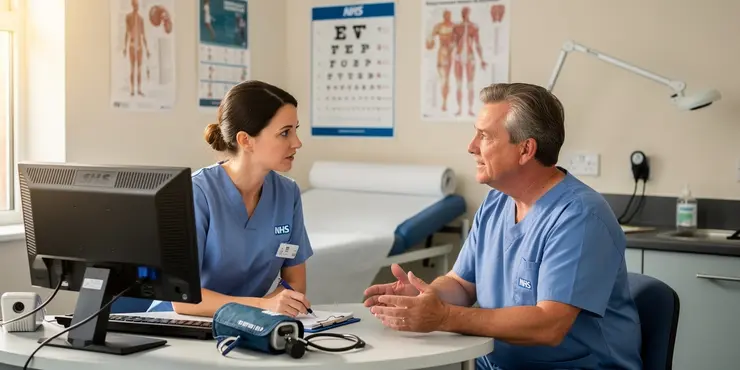
Do neighbours need to inform me if their cameras record my property?
Relevance: 28%
-

FFR-CT beat invasive conventional coronary angiography says a Cardiologist
Relevance: 28%
-
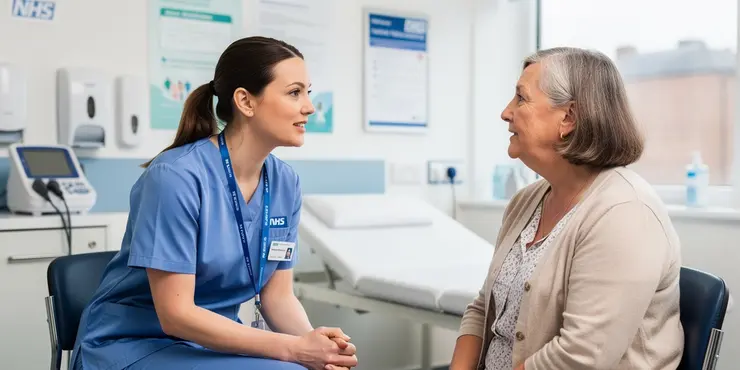
Controversy Surrounds New Surveillance Legislation as Privacy Groups Voice Concerns
Relevance: 28%
-
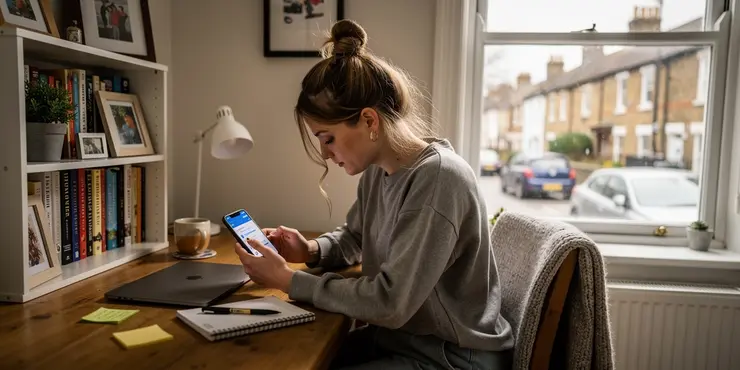
How can I protect my privacy on my mobile phone?
Relevance: 27%
-
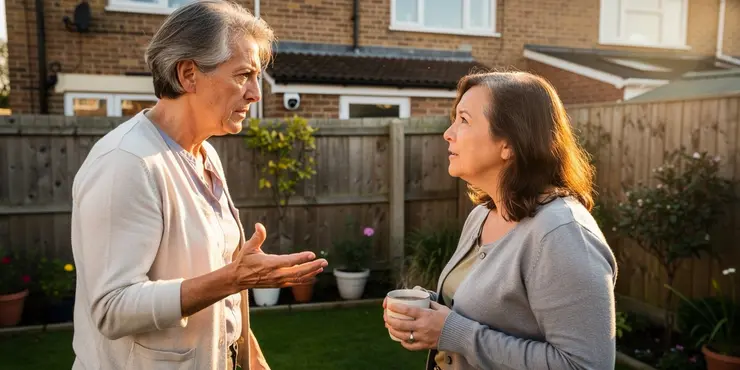
Is it legal for my neighbor to have a security camera facing my property?
Relevance: 27%
-
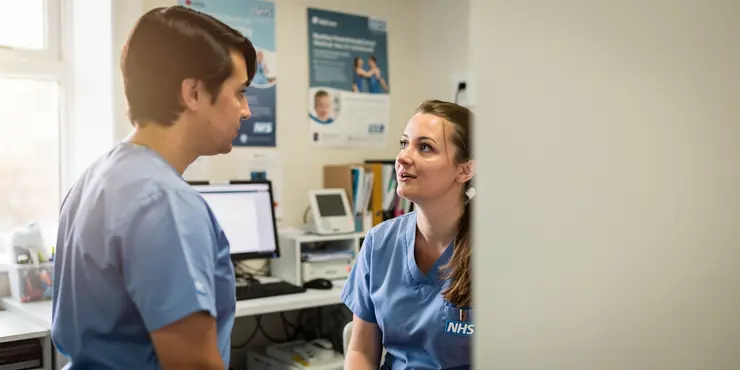
Can I install my own camera to monitor the area in question?
Relevance: 26%
-
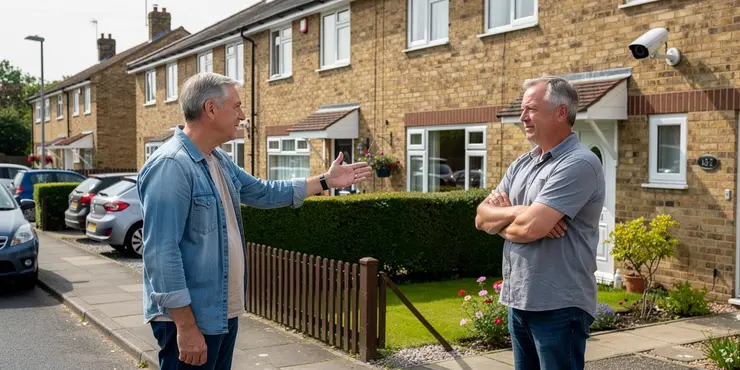
How can I stop my neighbour's security camera pointing at my property?
Relevance: 25%
-
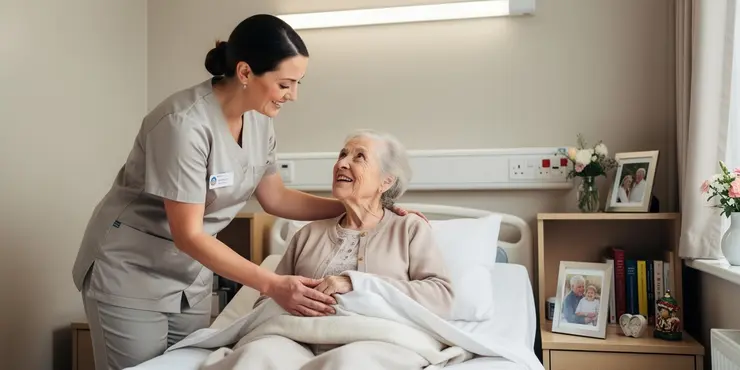
How is privacy maintained in care homes?
Relevance: 24%
-
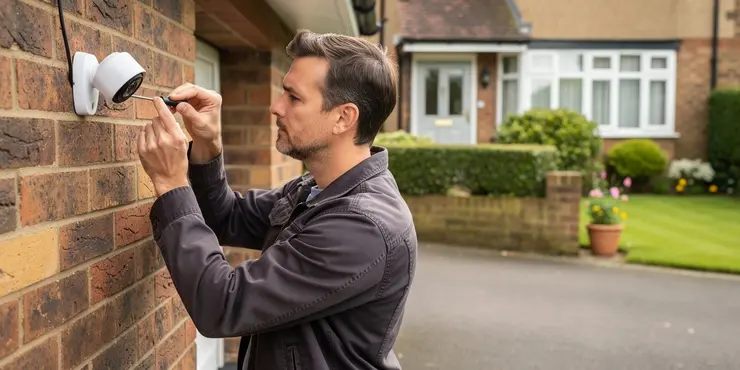
Is my concern valid if the camera is only monitoring my driveway?
Relevance: 23%
-
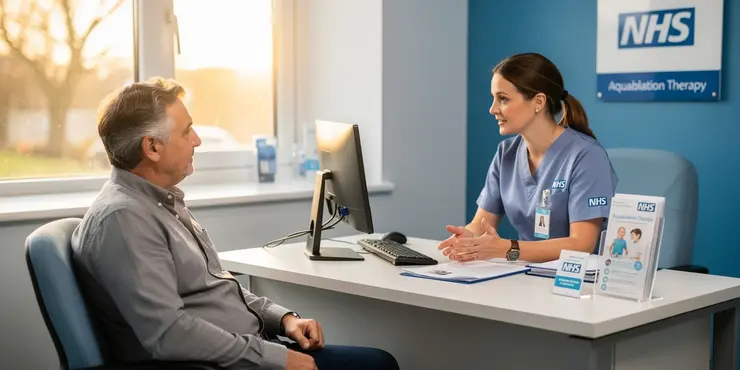
Aquablation Therapy - Minimally Invasive Enlarged Prostate Treatment - Ramsay Health Care UK
Relevance: 22%
-

High Court Rules on Controversial Data Privacy Case
Relevance: 21%
-
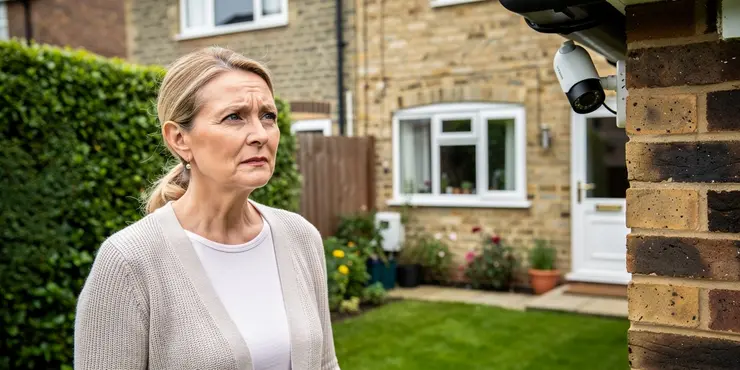
What can I do about my neighbour's security camera?
Relevance: 21%
-
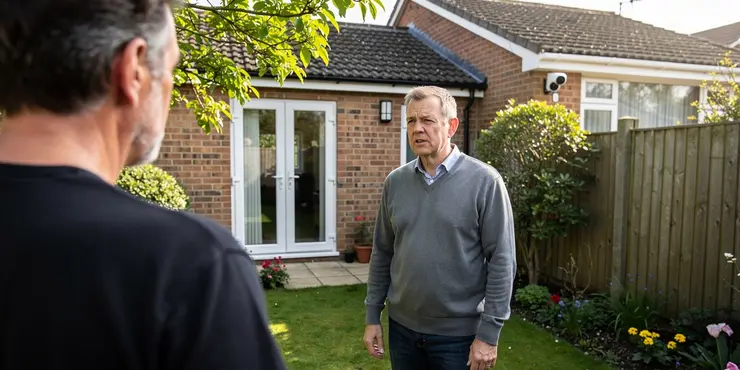
Can I ask my neighbour to reposition their security camera?
Relevance: 21%
-
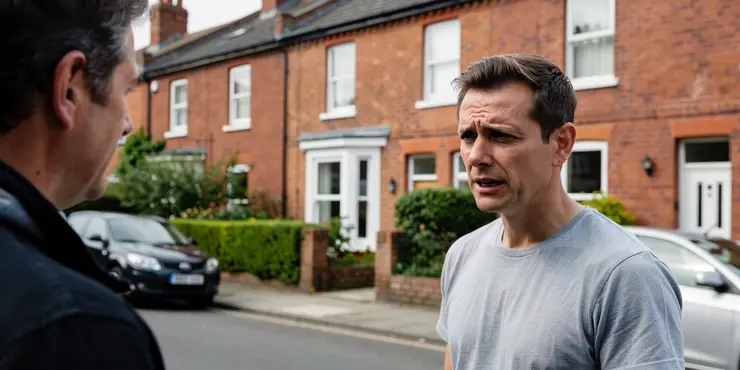
What if my neighbor claims the camera is for security but it points towards my property?
Relevance: 20%
-
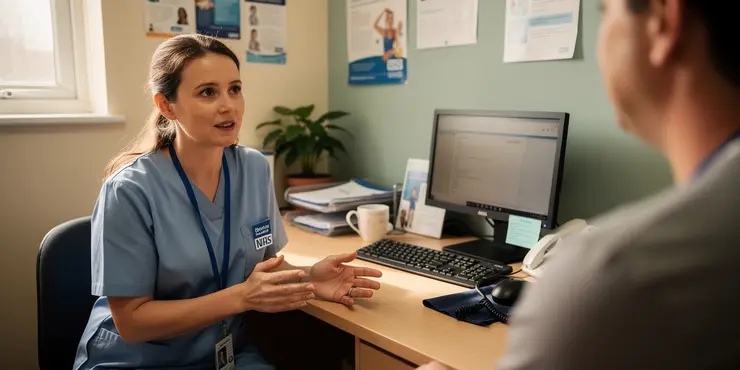
Can technology help in blocking the camera's view?
Relevance: 20%
-
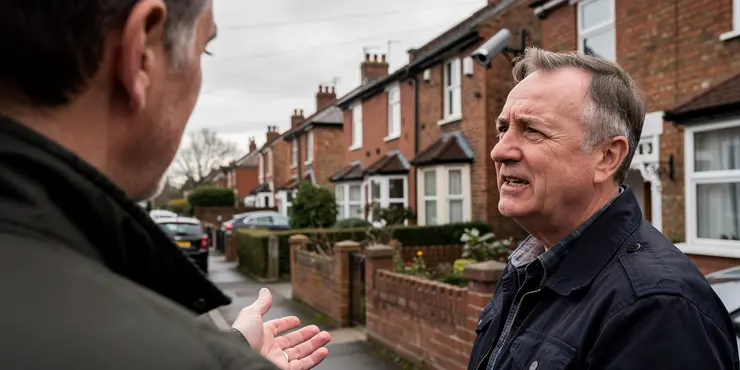
What can I do about my neighbour's security camera?
Relevance: 19%
-
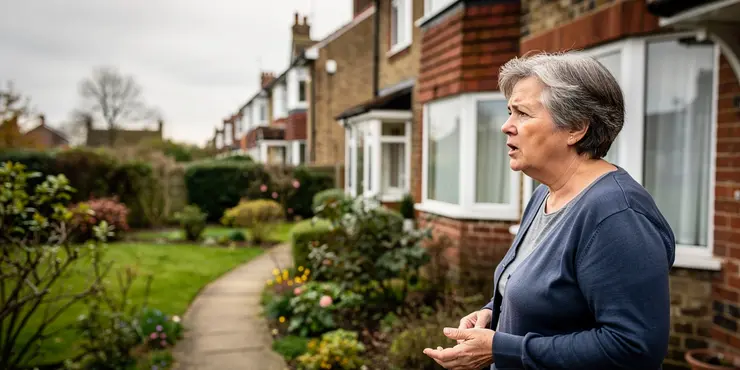
Should I contact the authorities if my neighbor refuses to adjust their camera?
Relevance: 19%
-
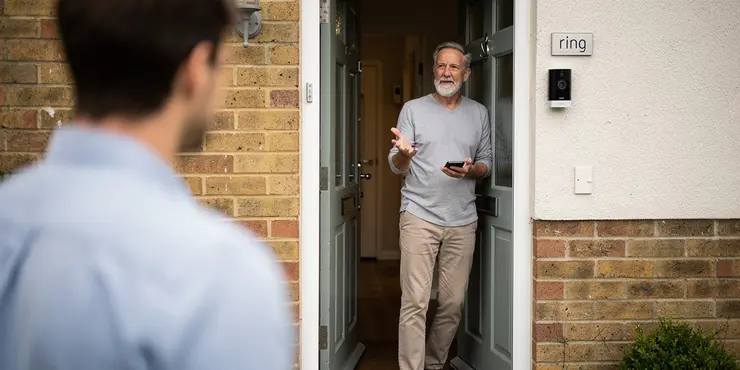
How does a battery-powered Ring Doorbell Camera work?
Relevance: 17%
-
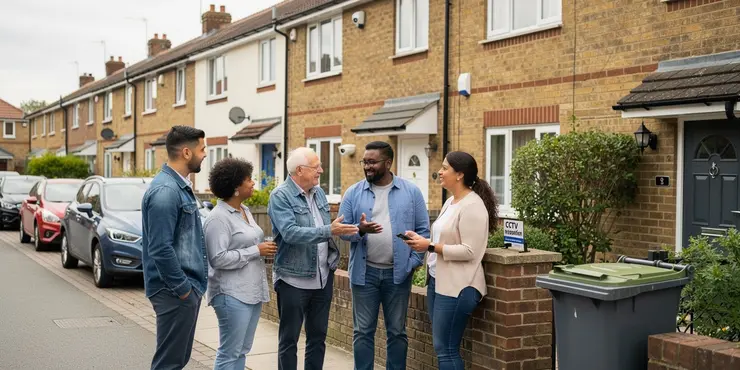
Can my neighbour legally point a security camera at my property?
Relevance: 17%
-
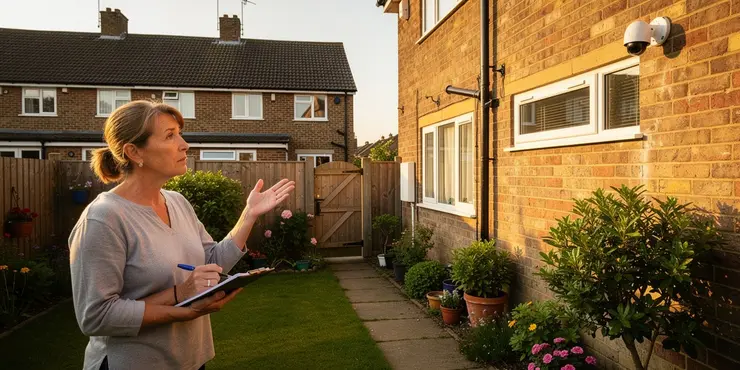
Can I ask for legal help to get my neighbor’s camera moved?
Relevance: 17%
-
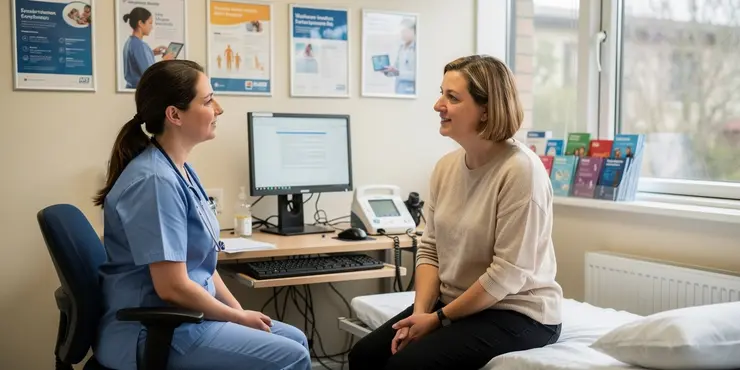
Is it advisable to discuss camera placement before it becomes an issue?
Relevance: 17%
-
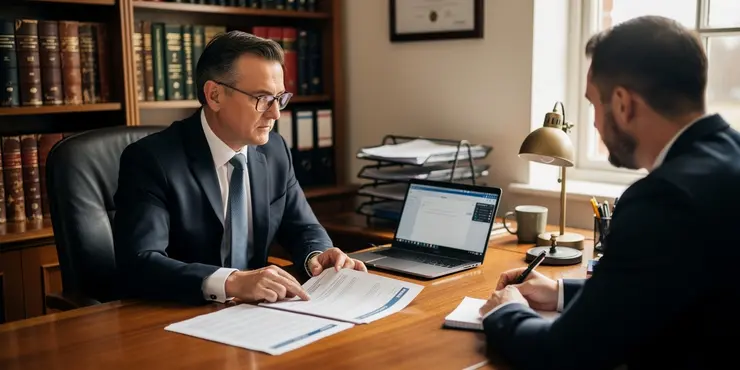
Are all police departments required to provide access to records?
Relevance: 15%
-

How secure is the Ring Doorbell Camera system?
Relevance: 15%
-
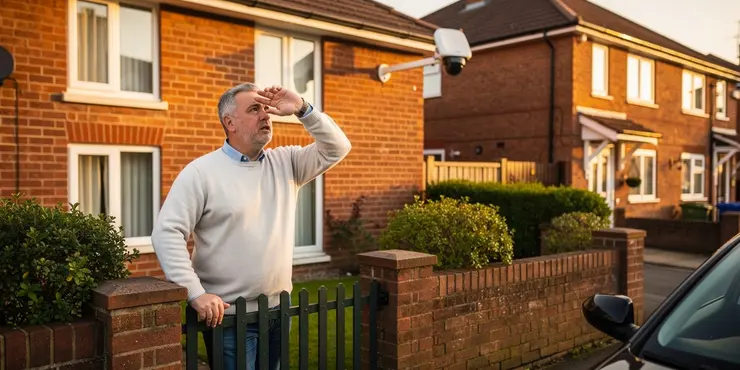
How can I tell if a security camera is pointing at my property?
Relevance: 14%
-
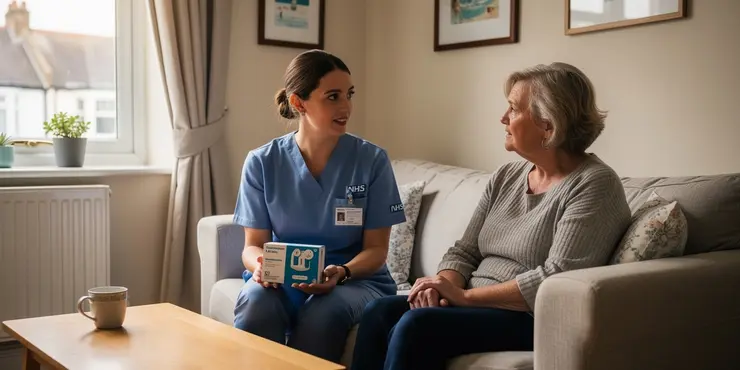
What are the advantages of an at-home colorectal cancer test?
Relevance: 14%
-
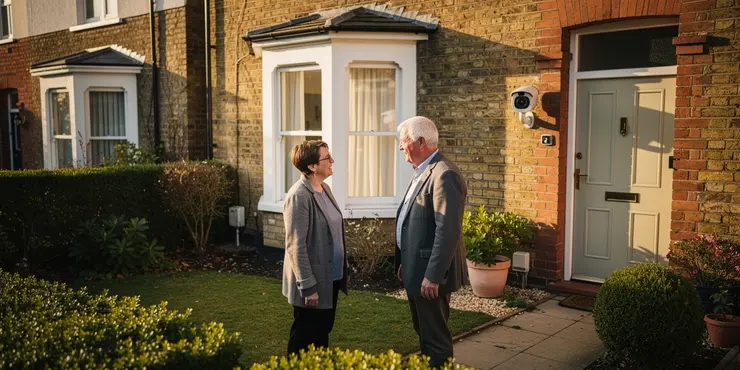
What steps can I take if my neighbour refuses to reposition their security camera?
Relevance: 14%
-
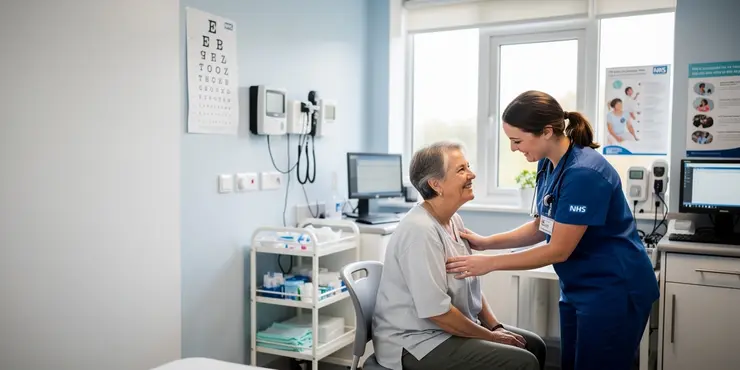
What is a Ring Doorbell Camera?
Relevance: 14%
-
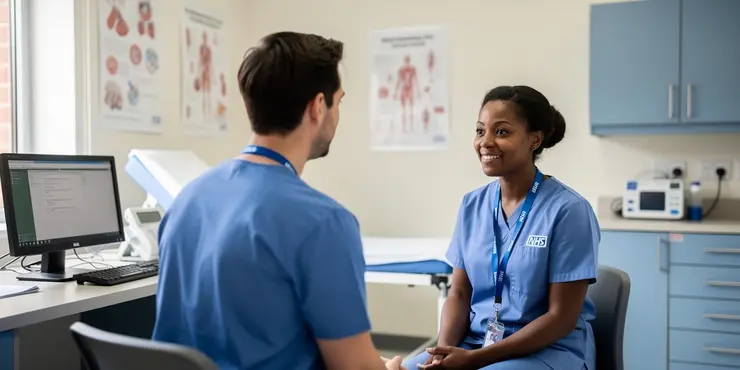
Is the Ring app necessary for using a Ring Doorbell Camera?
Relevance: 14%
-
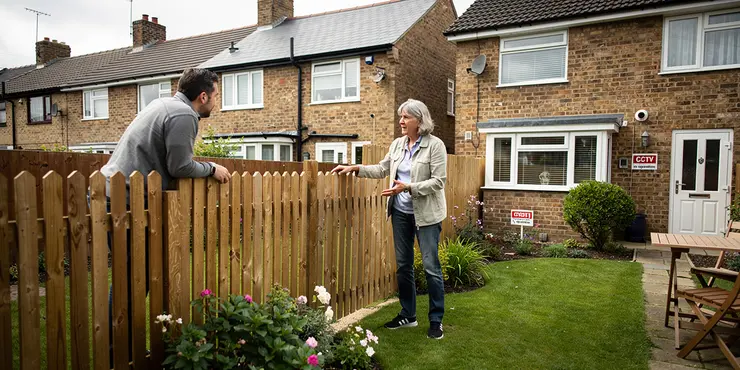
Is it legal for me to block the view of my neighbour's security camera?
Relevance: 13%
-
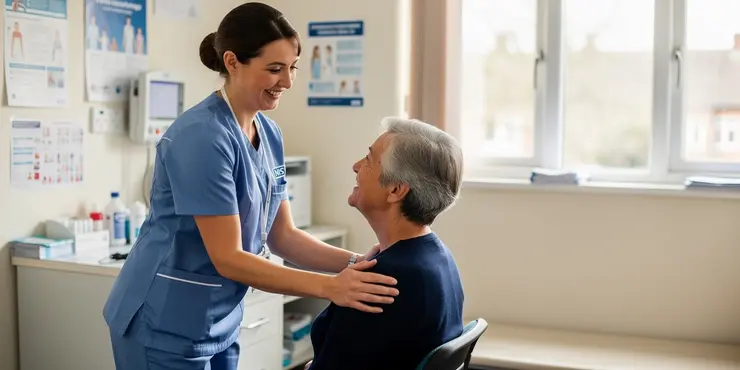
How can I verify the camera's field of view?
Relevance: 13%
-
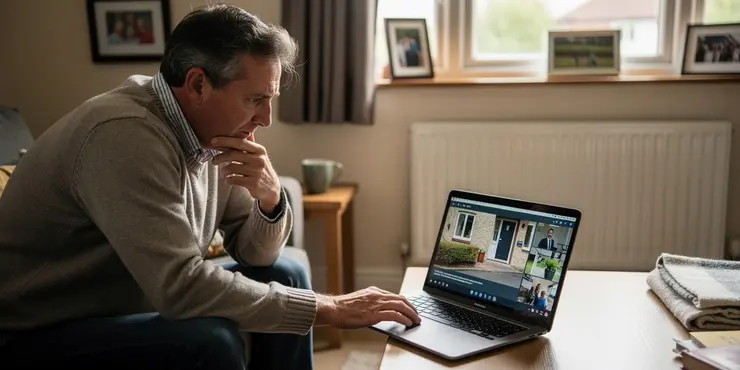
What laws apply to the use of security cameras in the UK?
Relevance: 13%
Introduction to Privacy and Footage
In the UK, privacy is highly valued and protected by various legal frameworks. The video recording and capturing of individuals can be a contentious issue, particularly when it comes to determining what constitutes an invasion of privacy. While technological advancements have made it easier than ever to capture footage, they also pose significant privacy challenges.
Understanding Privacy Rights in the UK
The right to privacy in the UK is protected under the Human Rights Act 1998, which incorporates the European Convention on Human Rights into UK law. Article 8 of this convention provides individuals the right to respect for their private and family life, their home, and their correspondence. Consequently, any intrusion into this sphere, including through video footage, may constitute an invasion of privacy if it cannot be justified as necessary or proportionate.
Types of Footage Considered Invasive
Generally, footage captured in areas where individuals have a reasonable expectation of privacy is more likely to be deemed intrusive. This includes recordings in private homes, hotel rooms, and private gardens. Invasion of privacy can also occur when someone is filmed without consent in restrooms, changing rooms, and other places traditionally seen as private.
Furthermore, footage taken using hidden cameras, long-range lenses, or other surreptitious means, intended to capture individuals in private settings or situations, can constitute a severe invasion. The publication or distribution of such footage, particularly if it causes distress or harm to the individuals involved, can exacerbate the invasion of privacy.
Public Spaces and Reasonable Expectation of Privacy
Although the public spaces have a different set of norms concerning expectations of privacy, there are circumstances where recording can still be considered intrusive. For instance, recording individuals who are engaged in activities where they expect privacy, such as conversations not meant to be overheard, might be considered a violation. Furthermore, persistent or aggressive filming, particularly for commercial purposes, may cross privacy lines.
Regulations and Legal Protections
The Data Protection Act 2018 and the General Data Protection Regulation (GDPR) regulate the processing of personal data, including video recordings that can identify individuals. Under these laws, individuals may have rights relating to the footage, including the right to access, object, and request erasure if the data was obtained unlawfully. Additionally, the Protection from Harassment Act 1997 may apply if footage is used to stalk or harass individuals.
Conclusion
In summary, not all video recordings are considered an invasion of privacy, especially those captured in public areas where privacy expectations are minimal. However, capturing or disseminating footage from private settings or using invasive methods without consent can infringe upon personal privacy rights. Understanding the legal context and respecting privacy expectations are essential to preventing legal issues related to invasive footage in the UK.
Introduction to Privacy and Footage
In the UK, privacy means keeping personal things private and safe. There are laws to protect privacy. Taking videos of people can be tricky because it can sometimes invade their privacy. New technology makes it easy to take videos, but we have to be careful with privacy.
Understanding Privacy Rights in the UK
In the UK, the Human Rights Act 1998 helps protect people's privacy. This law says everyone has the right to privacy in their life, home, and messages. If someone takes a video and it disrupts privacy, it could be a problem. It needs to be checked if it was necessary or balanced.
Types of Footage Considered Invasive
Some places, like homes, hotel rooms, and gardens, are private. Taking videos there without asking might be wrong. Also, places like bathrooms and changing rooms need privacy too. Using hidden cameras or long-distance lenses to take videos without people knowing is very intrusive. Sharing these videos can harm people and make the invasion worse.
Public Spaces and Reasonable Expectation of Privacy
In public places, people usually have less privacy. But, there are times when it is still not okay to record. If people think they are having a private conversation, recording might be wrong. Filming people aggressively, especially to make money, can also break privacy rules.
Regulations and Legal Protections
The Data Protection Act 2018 and GDPR are laws that help protect data, like videos, that show people. These laws give people rights like seeing the videos, asking to remove them, or saying no if the videos were taken unfairly. The Protection from Harassment Act 1997 helps if videos are used to bother people.
Conclusion
In short, not all videos break privacy rules, especially in public where there's less privacy. But, taking videos in private places or in secret without asking can be a problem. Knowing the laws and respecting privacy is important to avoid trouble with invasive videos in the UK.
Frequently Asked Questions
What is considered an invasion of privacy in video footage?
An invasion of privacy in video footage occurs when someone records video of a person without their consent in a place where they have a reasonable expectation of privacy, such as a home, bathroom, or dressing room.
Is recording someone in a public place an invasion of privacy?
Generally, recording someone in a public place is not considered an invasion of privacy because there is no reasonable expectation of privacy in such settings.
Can recording audio be an invasion of privacy?
Yes, recording audio can be an invasion of privacy if done without consent in a place where the person has an expectation of privacy or if it captures private conversations.
Is it illegal to use hidden cameras?
Using hidden cameras can be illegal if they are placed in areas where individuals expect privacy or if local laws require notifying those being recorded.
Does capturing footage of someone through their window count as invasion of privacy?
Yes, capturing footage of someone through their window can be considered an invasion of privacy as people have a reasonable expectation of privacy in their homes.
Are there exceptions to privacy laws for security cameras?
Security cameras in businesses or on private property are generally allowed, but they should not capture areas where there is an expectation of privacy, like restrooms or changing rooms.
Is it legal to record footage of neighbors in their backyard?
Recording neighbors in their backyard can be an invasion of privacy if the backyard is considered a private space and the footage captures private activities.
Can a drone be used to capture footage without invading privacy?
Drones should not be used to capture footage in areas where people have a reasonable expectation of privacy, such as private property not visible from public spaces.
Are dashboard cameras an invasion of privacy?
Dashboard cameras typically do not invade privacy as they record public roads, but using them to intentionally record private property without consent may be problematic.
Is security footage in a workplace an invasion of privacy?
Security footage in a workplace is generally legal, but employers should inform employees of the surveillance and avoid recording in areas like restrooms.
Does recording someone without their knowledge always count as an invasion of privacy?
Not always; it depends on whether the person being recorded has a reasonable expectation of privacy in the location where the recording is taking place.
What constitutes a 'reasonable expectation of privacy'?
A 'reasonable expectation of privacy' exists in places like homes, restrooms, and private offices where individuals can expect to be free from unwarranted recording.
Is it an invasion of privacy to share unauthorized footage online?
Yes, sharing unauthorized footage may be considered an invasion of privacy, particularly if it was recorded in private settings without consent.
Are store surveillance cameras considered an invasion of privacy?
No, store surveillance cameras are typically not an invasion of privacy as stores are public spaces and customers are usually informed of surveillance.
Can recording police activity be an invasion of privacy?
Recording police activity in public is generally protected by law; however, interference with police duties or recording in private areas might be restricted.
Is video conferencing without consent considered an invasion of privacy?
Yes, recording video conferences without the consent of participants is generally considered an invasion of privacy.
Can capturing someone's image using a telephoto lens be considered an invasion of privacy?
Using a telephoto lens to capture someone's image can be an invasion of privacy if it breaches their reasonable expectation of privacy.
Does an invasion of privacy require intentional recording?
Not necessarily; even unintentional recording can be an invasion of privacy if it violates someone's reasonable expectation of privacy.
Can security footage become an invasion of privacy once shared?
Yes, even legally obtained security footage can become an invasion of privacy if shared without consent and it exposes private activities.
Is parental surveillance of children via cameras considered an invasion of privacy?
Parental surveillance of minors is generally not considered an invasion of privacy, although ethical considerations regarding the child’s privacy should be considered.
What is an invasion of privacy in video recording?
Invasion of privacy means going into someone's personal space or life without asking. Here are some examples when video recording might invade someone's privacy:
- Filming someone in their home or private space without them knowing.
- Recording private conversations without asking first.
- Showing videos of people without their permission.
If you are not sure if you should record, it’s always best to ask for permission.
To help understand privacy, you can use tools like picture charts or simple checklists to decide when it’s okay to film.
An invasion of privacy in video recordings happens when someone takes a video of a person without their permission in places where they should feel safe and private. This includes places like a home, bathroom, or dressing room.
Can you record someone in a public place without invading their privacy?
Recording means using a camera or phone to take a video or picture.
A public place is where anyone can go, like a park or a street.
Privacy means being able to keep things to yourself.
Think about these things when you record:
- Is the person okay with being recorded?
- Are you showing their face?
- Are you sharing their personal information?
To be polite, ask people if it's okay before recording them.
You can use apps that blur faces to protect privacy.
Always be respectful when using a camera or phone in public.
When you are in a public place, people can record you. This is because you can’t always expect to keep things private when you are out in public.
Is recording sound unfair or mean to someone?
Recording someone's voice without asking them can be bad if they think they are in a private place. It can also be wrong if it picks up private talks.
Can you secretly use hidden cameras?
It might be against the law to use hidden cameras. This is true if the cameras are put in places where people think they are private. It is also illegal if you do not tell people they are being recorded, and the local rules say you must tell them.
Is it spying if you take video of someone through their window?
It is not okay to take videos or pictures of someone through their window. People have the right to feel safe and private in their homes.
Do privacy laws have special rules for security cameras?
Yes, there are special rules. Sometimes, cameras can be used in ways that are okay, even if they watch people. This is for safety reasons.
If you want help with reading, you can use tools like text-to-speech. This tool reads the words out loud for you.
Security cameras are okay in shops or at home. But they should not see places where people expect privacy, like bathrooms or changing rooms.
Can I take videos of my neighbors in their backyard?
Filming people next door in their backyard can be wrong. It is like looking into their private space where they do personal things.
Can you use a drone to take videos without spying on people?
Drones should not take pictures or videos where people expect privacy. This means places like someone's backyard that you can't see from the street.
Do dashboard cameras invade privacy?
Dash cameras usually do not break privacy rules because they film roads everyone uses. But, it can be a problem if you use them to film someone's private property on purpose without asking first.
Is it wrong to have cameras at work?
Some jobs have cameras to keep everyone safe. But people might feel like the cameras are watching too much. Is this fair?
Here are some ways to think about it:
- Ask why the cameras are there. Are they for safety?
- Talk to your boss about how the camera helps.
- Remember to keep private areas without cameras, like bathrooms.
Tools that can help:
- Use pictures to understand better.
- Talk to someone who can explain it simply.
It's usually okay for workplaces to have cameras, but bosses must tell workers about the cameras. They should not put cameras in places like bathrooms.
Is it always wrong to record someone without them knowing?
Recording someone without them knowing can be private. But sometimes it might be okay, like in films or for safety.
If you are unsure, talk to a grown-up or teacher. They can help you understand.
Use tools like picture cards or simple notes to help explain things better.
Not always. It depends on where the person is when you are recording them. If the person thinks they are in a private place, you should not record them.
What is a 'reasonable expectation of privacy'?
A 'reasonable expectation of privacy' means what is fair to keep private. It's about what you can expect to be private in different places or situations.
Here are some tips to help understand:
- Home: At home, you can expect a lot of privacy.
- Public Places: Like parks, you might expect less privacy.
- Online: On the internet, be careful with personal information.
Try these tools to help:
- Use apps or software that make reading easier.
- Ask for help from someone you trust.
People can keep things private in places like their homes, bathrooms, and personal offices. This means no one should secretly record them there.
To help understand better, try using pictures or videos. Reading with a friend can also be helpful.
Is it wrong to share videos online without asking?
Some people take videos of others and put them online without asking. This might be wrong because it does not respect people's privacy.
Here are some things to think about:
- Always ask before sharing a video of someone.
- Think about if the person in the video would be okay with it.
- Use tools like voice-to-text to help you understand more about privacy.
Yes, sharing videos without permission can be a big problem. It can be seen as not respecting someone's privacy, especially if the video was taken in a private place without asking first.
Do store cameras watch you too much?
Stores have cameras that watch what people do. Are these cameras being too nosy? Let's talk about it in simple words.
Some people feel safe because cameras can help catch people who steal. But others might feel like they are being watched all the time.
Think about how you feel when you see a camera in a store. Does it make you feel safe or uncomfortable?
If reading is hard, try asking someone to read with you. You can also use audiobooks or apps that read text out loud. Remember, it's okay to ask for help!
No, store cameras are not usually a problem for privacy. Stores are public places. People often know cameras are there watching.
Is it wrong to film the police?
You can usually film the police in public places. This is okay by law. But, if you get in the way of their work or try to film in private places, you might not be allowed.
Is it wrong to do video calls with someone if they don't say it's okay?
Yes, it's wrong to record video calls if the people in the call don't say it's okay. It's not respectful of their privacy.
Is it wrong to take someone's picture with a camera that sees far away?
Using a special camera to take someone's picture from far away can invade their privacy. This means it can bother them if they expect their private space to be respected.
Does someone have to mean to record you to invade your privacy?
Not always; recording someone by accident can still be a problem if it breaks their right to be private.
Does sharing security video invade privacy?
Yes, sharing security videos can be a problem. It can invade privacy if the videos are shared without permission and show private things.
Is watching children with cameras unfair to their privacy?
Parents keeping an eye on their kids is usually okay and not seen as invading their privacy. But it's important to think about the child's privacy too and what is fair.
Useful Links
This website offers general information and is not a substitute for professional advice.
Always seek guidance from qualified professionals.
If you have any medical concerns or need urgent help, contact a healthcare professional or emergency services immediately.
Some of this content was generated with AI assistance. We’ve done our best to keep it accurate, helpful, and human-friendly.
- Ergsy carfully checks the information in the videos we provide here.
- Videos shown by Youtube after a video has completed, have NOT been reviewed by ERGSY.
- To view, click the arrow in centre of video.
- Most of the videos you find here will have subtitles and/or closed captions available.
- You may need to turn these on, and choose your preferred language.
- Go to the video you'd like to watch.
- If closed captions (CC) are available, settings will be visible on the bottom right of the video player.
- To turn on Captions, click settings .
- To turn off Captions, click settings again.
More Items From Ergsy search
-

What kind of footage is considered an invasion of privacy?
Relevance: 100%
-

Are there privacy laws that protect me from neighbor's cameras?
Relevance: 49%
-

Can I request footage of myself from my neighbour's CCTV?
Relevance: 46%
-

Can the police access my neighbour’s CCTV footage without consent?
Relevance: 45%
-

Can my neighbour use footage from their security camera as evidence in disputes?
Relevance: 45%
-

What should I do if I feel my privacy is being invaded by my neighbour's CCTV?
Relevance: 40%
-

What are minimally invasive procedures for BPH?
Relevance: 35%
-

What is minimally invasive hip replacement surgery?
Relevance: 33%
-
Are there privacy protections for my medical records?
Relevance: 31%
-

Do neighbours need to inform me if their cameras record my property?
Relevance: 28%
-

FFR-CT beat invasive conventional coronary angiography says a Cardiologist
Relevance: 28%
-

Controversy Surrounds New Surveillance Legislation as Privacy Groups Voice Concerns
Relevance: 28%
-

How can I protect my privacy on my mobile phone?
Relevance: 27%
-

Is it legal for my neighbor to have a security camera facing my property?
Relevance: 27%
-

Can I install my own camera to monitor the area in question?
Relevance: 26%
-

How can I stop my neighbour's security camera pointing at my property?
Relevance: 25%
-

How is privacy maintained in care homes?
Relevance: 24%
-

Is my concern valid if the camera is only monitoring my driveway?
Relevance: 23%
-

Aquablation Therapy - Minimally Invasive Enlarged Prostate Treatment - Ramsay Health Care UK
Relevance: 22%
-

High Court Rules on Controversial Data Privacy Case
Relevance: 21%
-

What can I do about my neighbour's security camera?
Relevance: 21%
-

Can I ask my neighbour to reposition their security camera?
Relevance: 21%
-

What if my neighbor claims the camera is for security but it points towards my property?
Relevance: 20%
-

Can technology help in blocking the camera's view?
Relevance: 20%
-

What can I do about my neighbour's security camera?
Relevance: 19%
-

Should I contact the authorities if my neighbor refuses to adjust their camera?
Relevance: 19%
-

How does a battery-powered Ring Doorbell Camera work?
Relevance: 17%
-

Can my neighbour legally point a security camera at my property?
Relevance: 17%
-

Can I ask for legal help to get my neighbor’s camera moved?
Relevance: 17%
-

Is it advisable to discuss camera placement before it becomes an issue?
Relevance: 17%
-

Are all police departments required to provide access to records?
Relevance: 15%
-

How secure is the Ring Doorbell Camera system?
Relevance: 15%
-

How can I tell if a security camera is pointing at my property?
Relevance: 14%
-

What are the advantages of an at-home colorectal cancer test?
Relevance: 14%
-

What steps can I take if my neighbour refuses to reposition their security camera?
Relevance: 14%
-

What is a Ring Doorbell Camera?
Relevance: 14%
-

Is the Ring app necessary for using a Ring Doorbell Camera?
Relevance: 14%
-

Is it legal for me to block the view of my neighbour's security camera?
Relevance: 13%
-

How can I verify the camera's field of view?
Relevance: 13%
-

What laws apply to the use of security cameras in the UK?
Relevance: 13%


